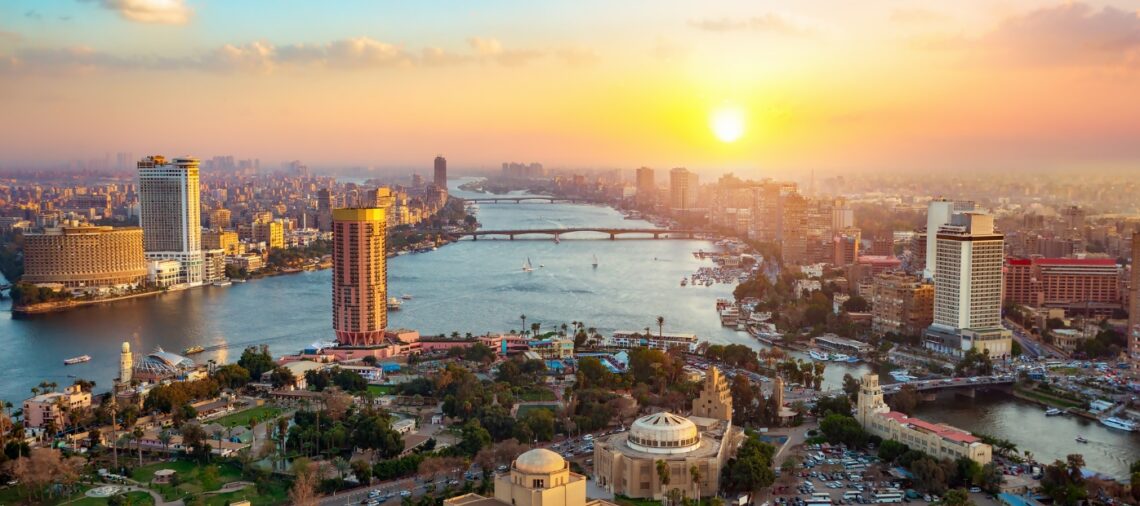Egypt is a land steeped in mystique, boasting millennia of cultural heritage, magnificent monuments, and warm hospitality. However, amid the excitement of exploring the pyramids, sailing the timeless Nile, and getting lost in the bustling markets, navigating this land with awareness and sensitivity is crucial. To ensure your trip remains unforgettable for all the right reasons, we have prepared a comprehensive guide on 11 mistakes tourists should never make in Egypt.
1 Never neglect the proper dress code
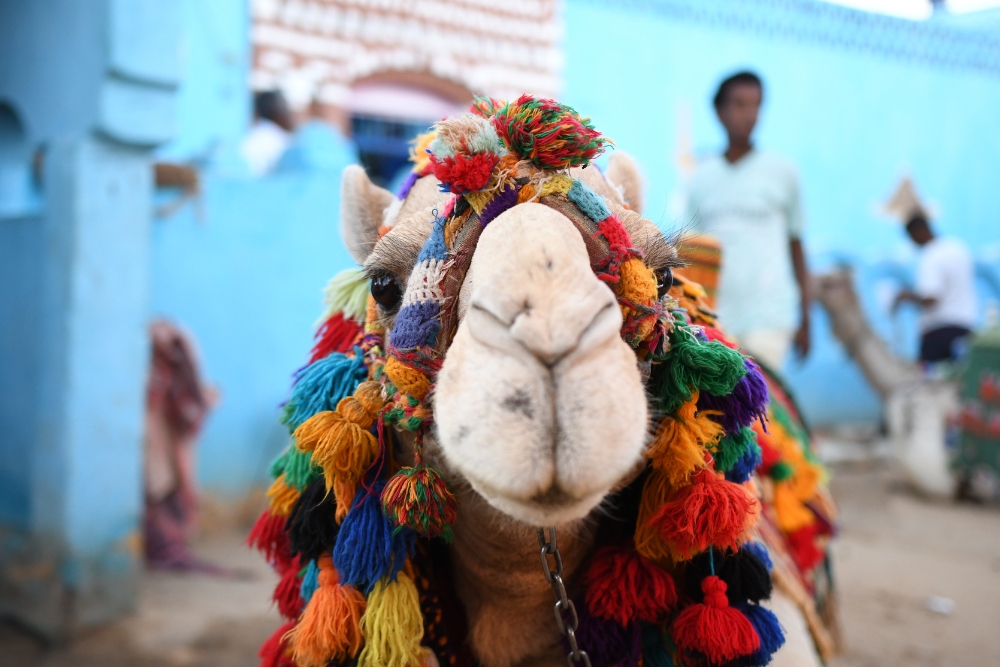
Egypt, a predominantly Muslim country, values modesty in dressing. Although popular tourist areas and resorts may be more lenient, it is crucial to dress respectfully when visiting religious sites or conservative neighborhoods. Both men and women should cover their shoulders and knees. Women might consider wearing a lightweight scarf to cover their hair as a gesture of respect. By adhering to these guidelines, you not only show appreciation for local customs but also foster a sense of cultural understanding.
2 Avoid showing disrespect to local customs and traditions
Egyptians are incredibly proud of their cultural heritage, and it’s essential to respect their customs. Avoid showing public displays of affection, as it may be considered offensive in certain areas. Additionally, refrain from using your left hand to eat or exchange money, as it is seen as unclean. By embracing local customs, you’ll forge meaningful connections with the friendly locals and immerse yourself in the true essence of Egypt.
3 Never disregard the value of bargaining
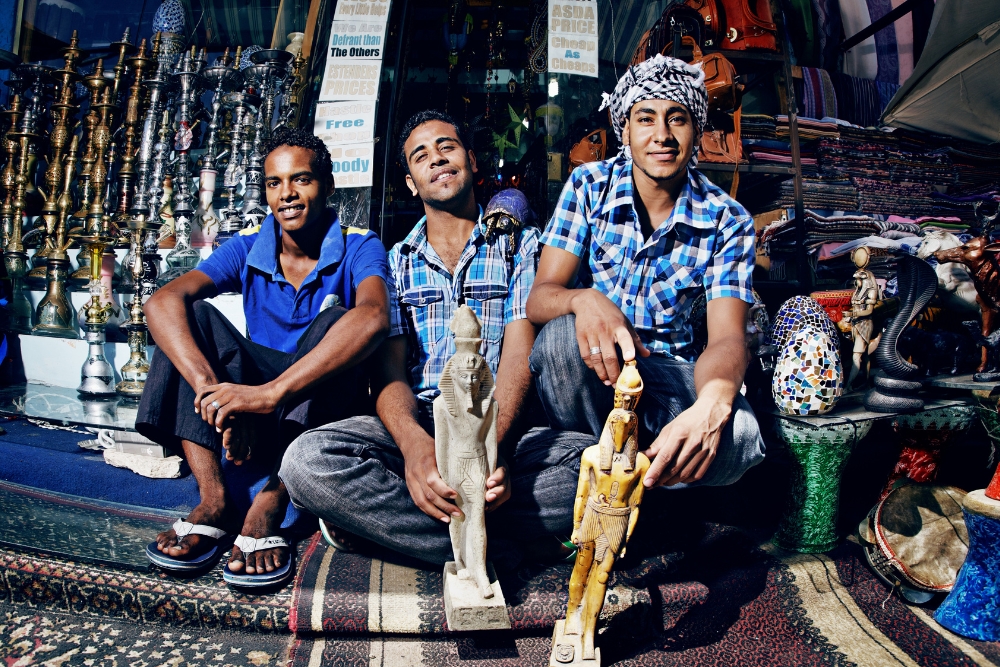
In Egypt, haggling is a common practice in markets and bazaars. Embrace the art of bargaining to secure fair prices on souvenirs, spices, textiles, and other goods. While it may initially feel unfamiliar, bargaining is integral to Egyptian culture and can lead to enjoyable interactions with vendors. Polite negotiation is the key; a friendly smile and genuine interest in the product can go a long way in reaching a satisfying deal.
4 Avoid taking photographs without permission
Egypt’s historical sites are breathtaking and often awe-inspiring, making them tempting subjects for photographs. However, it’s crucial to remember that some locals may not appreciate having their pictures taken without consent. Always seek permission before photographing people, especially in rural areas, where privacy is highly valued. Respect their wishes if they decline, and cherish the moments you capture with permission.
5 Never drink tap water
While exploring Egypt’s wonders, staying hydrated is essential, but avoid drinking tap water. Stick to bottled water from reputable brands, available at most shops and hotels. Drinking tap water could expose you to potential contaminants, leading to avoidable discomfort during your trip. Also, avoid drinking drinks with ice cubes, and be careful of fruit washed down with tap water.
6 Avoid over-tipping or under-tipping
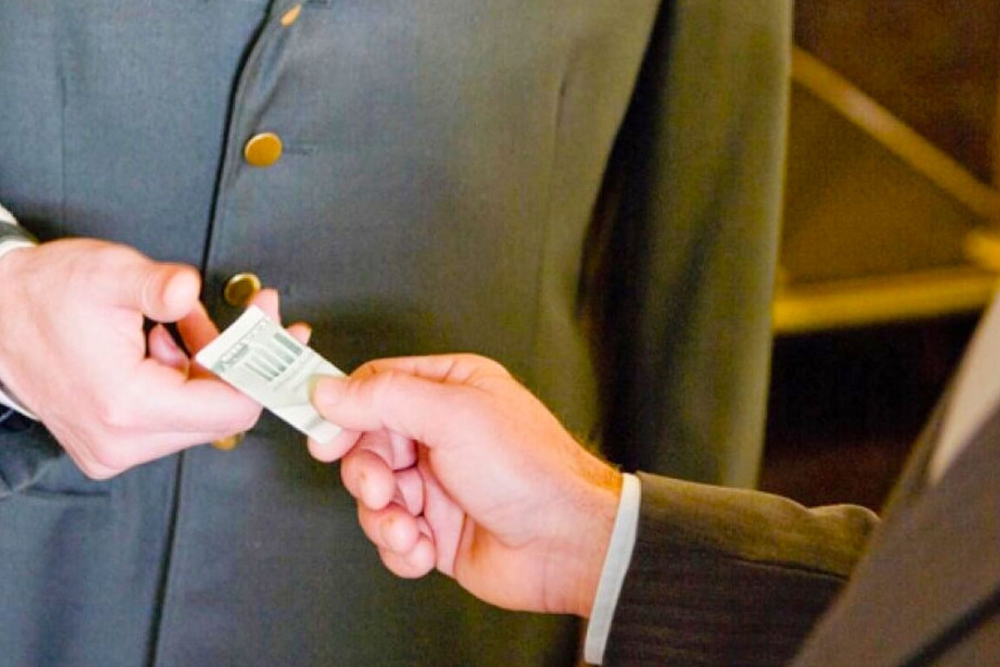
Tipping is customary in Egypt and is a way to show appreciation for good service. While tipping is well-received, it’s essential to balance over-tipping and under-tipping. Overly generous tips might distort local economies, while inadequate tipping might be perceived as disrespectful. Observe the local practices and consider the quality of service before tipping accordingly. Learn more about tipping in Egypt on this website.
7 Never touch ancient artifacts or monuments
Egypt is home to priceless historical treasures, and preserving these artifacts is of utmost importance. While visiting museums and archaeological sites, refrain from touching or leaning on ancient structures. Oils and dirt from human skin can cause irreversible damage over time. Admire these wonders from a respectful distance and remember that their preservation ensures future generations can also marvel at their beauty.
8 Do not make political or religious statements
As a foreign traveler, respecting Egypt’s political and religious landscape is essential. Avoid engaging in discussions or making statements about sensitive topics, as it may be interpreted as interference in local affairs. Instead, focus on absorbing the country’s culture, history, and natural beauty.
9 Avoid engaging with unauthorized guides
When exploring Egypt’s historic sites or cultural landmarks, it’s common to encounter individuals offering unofficial guided tours. While some may be knowledgeable, hiring licensed guides through reputable travel agencies or from within the sites is safer and more reliable. Licensed guides are well-trained, knowledgeable and can provide accurate information, enhancing your overall experience.
10 Never show disrespect for religious sites
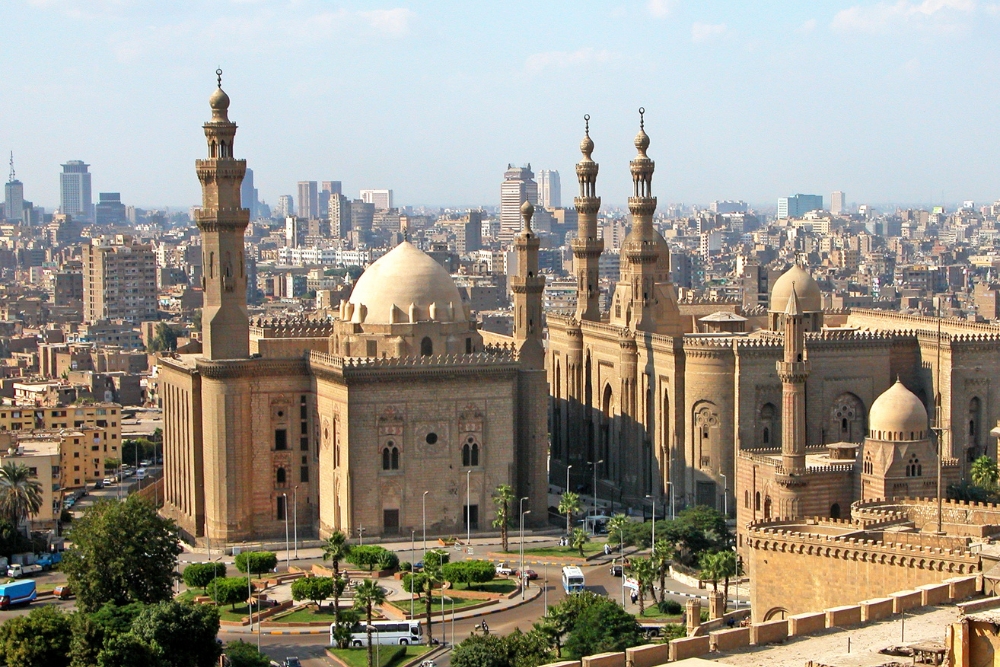
Egypt is a country of deep faith and spirituality, and its mosques and churches are significant to its people. When visiting these religious sites, dress modestly and speak softly to maintain a solemn atmosphere. Non-Muslims should avoid entering mosques during prayer times and seek permission before entering other holy places.
11 Avoid disregarding local laws and regulations
Respect Egypt’s laws and regulations as you would in any other country. Refrain from engaging in illegal activities, such as drug possession or taking part in unauthorized excavations. Additionally, be aware of photography restrictions in certain areas, such as military installations and government buildings. Understanding and adhering to local laws will help ensure a trouble-free and enjoyable vacation.
Here are some questions about what you can and cannot do in Egypt
Can you drink alcohol in Egypt?
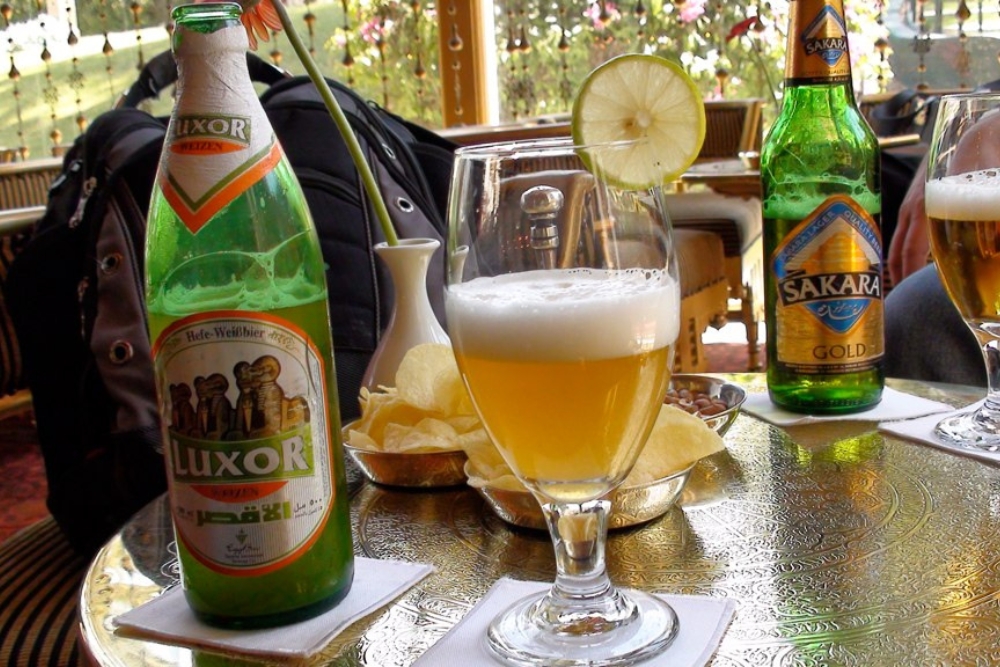
Egypt allows the consumption of alcohol, but it is regulated and restricted. Most Egyptians are Muslims, and according to Islamic law, the consumption of alcohol is prohibited. However, non-Muslims, such as Christians and tourists, are permitted to drink alcohol, but they should do so within designated areas like licensed bars, hotels, and clubs.
Is it illegal to get drunk in Egypt?
Getting drunk in public, regardless of whether you are a non-Muslim or not, can be considered disrespectful and may lead to legal issues or unwanted attention from authorities. Egypt has conservative cultural values, and public intoxication is generally frowned upon.
Moreover, even for non-Muslims, there are specific regulations and restrictions on the sale, distribution, and consumption of alcohol. It is crucial to consume alcohol responsibly and within designated areas like licensed bars, hotels, and clubs.
Can you kiss and hold hands in Egypt?
Public displays of affection (PDA) in Egypt are generally more conservative compared to many Western countries. While holding hands between married couples is generally accepted, it’s important to be mindful of the cultural norms and surroundings.
Kissing and other intimate displays of affection in public are uncommon and may be considered inappropriate or disrespectful in Egyptian society, especially outside of more liberal tourist areas or upscale neighborhoods.
Egypt has a conservative and modest culture, particularly regarding interactions between men and women in public spaces. To avoid any potential misunderstandings or uncomfortable situations, it’s best to exercise discretion and respect local customs.
What do women tourists wear in Egypt?
For women tourists visiting Egypt, it is essential to dress modestly and respectfully, considering the country’s conservative culture and Islamic traditions. While Egypt is relatively tolerant of tourists’ attire, adhering to local customs will help you avoid any potential negative attention or discomfort.
Is it safe to drink coffee in Egypt?
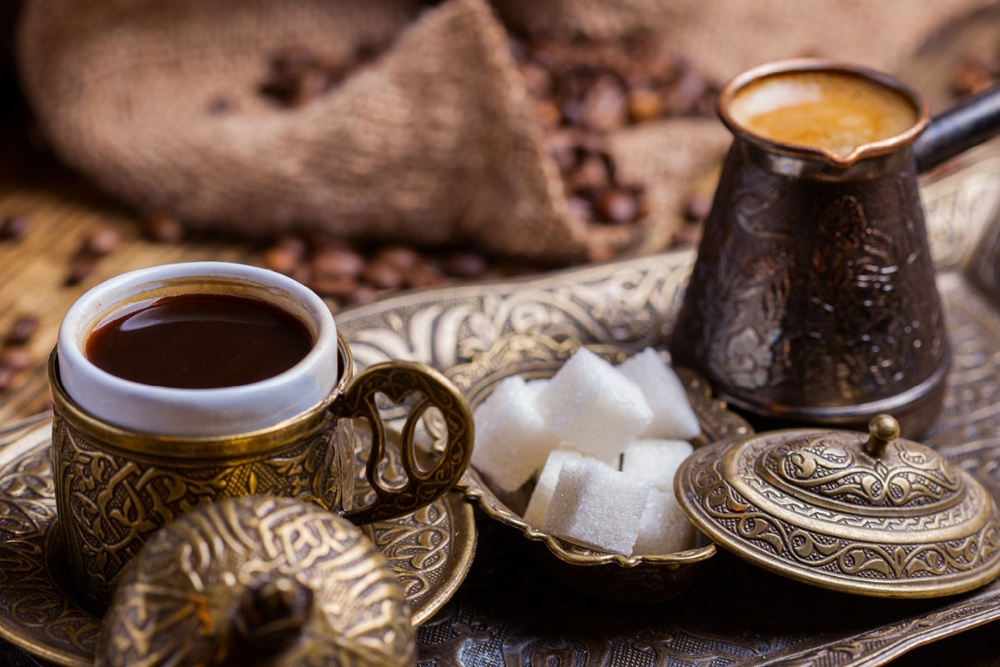
Yes, it is generally safe to drink coffee in Egypt. Egypt has a rich coffee culture, and coffee is widely consumed throughout the country. The most popular type of coffee in Egypt is known as “ahwa” or Arabic coffee.
However, as with any country, it’s essential to consider some factors to ensure the safety of your coffee.
Is it safe to walk around Cairo at night?
Walking around Cairo at night can be safe in certain areas, but exercising caution and being aware of your surroundings is essential. Like many major cities around the world, Cairo has both safe and less safe neighborhoods, and safety conditions can vary depending on the time of day and specific locations.
Is it safe to visit the Pyramids?
Visiting the Pyramids in Egypt is generally considered safe for tourists. The Pyramids of Giza are one of the world’s most iconic and popular tourist attractions, and millions of visitors travel there each year without encountering any major safety issues.
The Egyptian government prioritizes the safety and security of tourists, especially at major tourist sites like the Pyramids. There is a strong presence of security and tourist police in and around the area to ensure the safety of visitors.
Can I brush my teeth with tap water in Egypt?
Brushing your teeth with tap water in Egypt is generally not recommended. The water quality in some areas may not meet international health standards, and there is a risk of contamination with bacteria or other pathogens that could cause gastrointestinal issues.
To avoid potential health problems, it is advisable to use bottled water for brushing your teeth and for drinking purposes. Most hotels catering to tourists will provide complimentary bottled water in the rooms for this purpose. If bottled water is not available, you can boil tap water and let it cool before using it to brush your teeth.
Is it a problem with traveler’s diarrhea in Egypt?

Traveler’s diarrhea can be a concern for tourists visiting Egypt, as it is a common travel-related health issue that can affect visitors to any foreign country. The risk of getting traveler’s diarrhea in Egypt is higher for individuals who are not accustomed to the local food, water, and hygiene practices.
Contaminated food and water are often the primary sources of the bacteria and viruses that cause traveler’s diarrhea. While Egypt has made efforts to improve water quality and food safety in recent years, the risk of contamination still exists, especially in certain areas and during certain times of the year.
Do Egyptians have a problem with gay people?
Egypt has a conservative society where attitudes towards homosexuality can be quite negative. Homosexuality is not openly accepted or legally recognized in the country, and there are no legal protections for the LGBTQ+ community.
The Egyptian government has a history of enforcing laws that discriminate against and criminalize homosexual conduct. Same-sex sexual activity is technically illegal in Egypt, and individuals can face arrest, prosecution, and imprisonment if discovered engaging in such activities.
Moreover, societal attitudes towards homosexuality can be hostile and intolerant. Public expressions of same-sex affection can lead to negative reactions and even violence from the general public or authorities. In this environment, many LGBTQ+ individuals may face discrimination, social stigmatization, and the need to hide their sexual orientation.
It is essential to approach the topic with sensitivity and respect while visiting Egypt, and LGBTQ+ travelers are advised to exercise caution and avoid public displays of affection. It’s always best to research and understand the local laws, customs, and attitudes before traveling to any country, especially if you identify as part of the LGBTQ+ community.
Conclusion
Embracing Egypt’s cultural heritage, respecting local customs, and practicing responsible tourism are the keys to a rewarding and meaningful journey. As you traverse this ancient land, remember that every interaction and action can contribute to preserving Egypt’s treasures. By adhering to these 11 guidelines, you’ll create unforgettable memories and leave a positive impact on the communities and sites you encounter. Travel with an open heart and a sense of wonder, and Egypt will undoubtedly reward you with an experience of a lifetime.
You may also like: Tourist attractions in Namibia. What to do and see in Namibia

